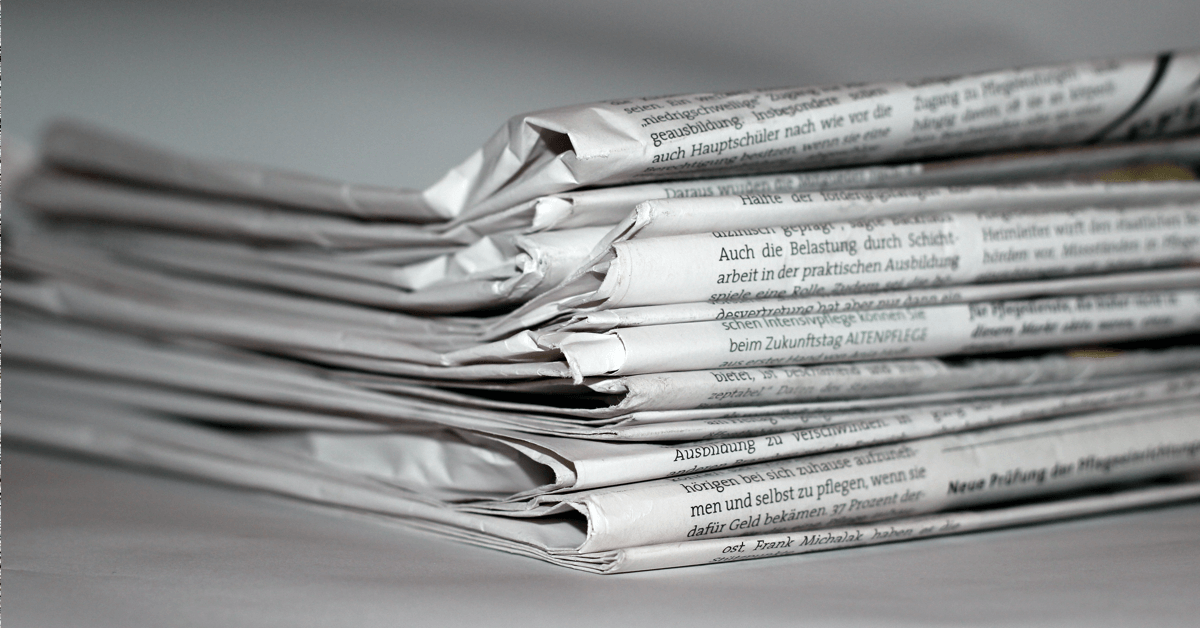Beyond the Headlines: How to Stay Informed Without Losing Your Mind
Introduction
We live in the Information Era, yet we’ve never been so confused, overwhelmed, or emotionally exhausted by the news.
One scroll through your feed, and you’re bombarded: war, scandal, climate crisis, political chaos, celebrity drama, AI breakthroughs—and somewhere in between, a cat meme trying to save your serotonin levels.
But here’s the thing: staying informed shouldn’t mean feeling powerless. It’s time to rethink how we consume the news, what we trust, and why it matters.
The 24/7 News Cycle is Not Your Friend
Traditional news used to come in digestible forms: a morning paper, an evening broadcast. Now? It’s nonstop.
This relentless stream can:
- Spike anxiety and doomscrolling habits
- Desensitize us to real issues
- Make crises feel personal—even when they’re not
The emotional toll is real. In fact, studies now show a strong link between excessive news consumption and poor mental health, including chronic stress, insomnia, and emotional burnout.
Clickbait Culture and Trust Erosion
In the age of algorithms, attention is currency. That means most news platforms are no longer optimizing for truth—they’re optimizing for clicks.
You’ve probably seen:
- Sensationalized headlines
- Out-of-context quotes
- Fear-based thumbnails
- AI-written articles with zero soul
This breeds skepticism. Who do we trust? What’s real? What’s manipulated?
The result: news fatigue—a growing global trend where people tune out entirely, even from stories that matter.
From Passive Scrolling to Conscious Reading
You don’t need to become a journalist to navigate the news more wisely. You just need better habits.
Try this:
- Set intentional news windows (e.g., 20 mins in the morning, no news after 9pm)
- Follow a mix of reliable sources with diverse perspectives
- Use fact-checking tools before reacting emotionally
- Don’t just read headlines—read full stories
- Avoid sharing unless you understand the context
Think of it as mindful eating, but for your mind.
AI-Generated News: Tool or Threat?
Generative AI is now writing news articles, recaps, and opinion pieces. Some are helpful. Others are dangerously inaccurate.
So how do we keep up?
- Look for human oversight and editorial transparency
- Understand that speed doesn’t always equal accuracy
- Ask yourself: Is this content informing me, or manipulating me?
AI can be a tool—but it still needs human ethics behind it.
Curating a Healthy News Lifestyle
Like diet or exercise, your information intake affects your overall well-being.
A “healthy news lifestyle” means:
- Staying informed without spiraling
- Having meaningful conversations instead of online debates
- Remembering that not every headline deserves your peace
- Protecting your energy while still engaging as a global citizen
News isn’t just about events. It’s about stories—of people, power, pain, and progress. And the way you interact with those stories shapes your worldview.
Conclusion
In a world where headlines fight for your fear and attention, choosing how you engage with news is an act of personal power.
You don’t need to read everything. You just need to stay curious, compassionate, and conscious.
So breathe. Log off when you need to. Then come back with your mind clear, your values strong, and your heart open.
Because in the end, you are not just a consumer of news—you are a participant in culture.
